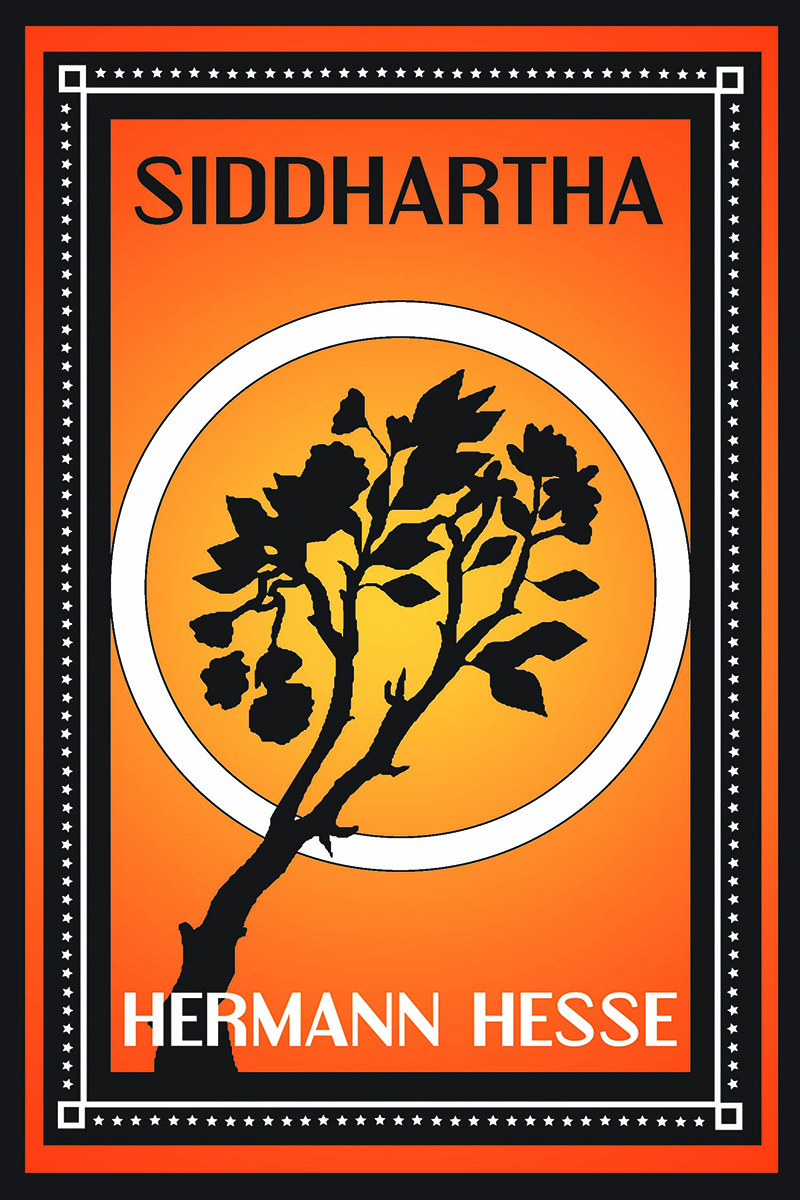Summary
Siddhartha, a story based on the early life of Gautama Buddha, is concerned with the human search for self-knowledge and authentic spirituality. Hesse had written the first part of the book easily enough, but had to stop for a year with depression, before completing it in 1922.
The book is a synthesis of Buddhist, Hindu, Taoist and Christian thought, although Hesse rejected all conventional religion for a more individual and personal path. As he wrote: ‘The only thing of importance to me is being able to love the world, without looking down on it, without hating it and myself – being able to regard it and myself and all beings with love, admiration and reverence.’

